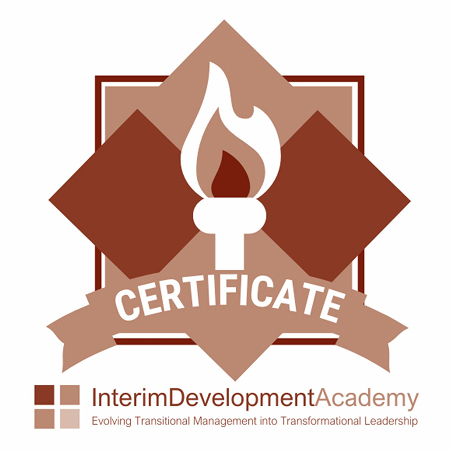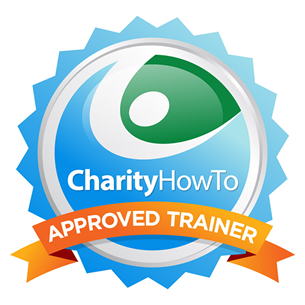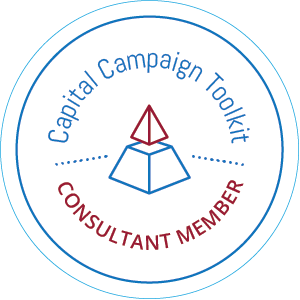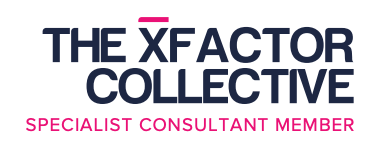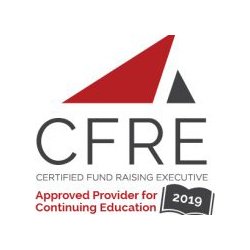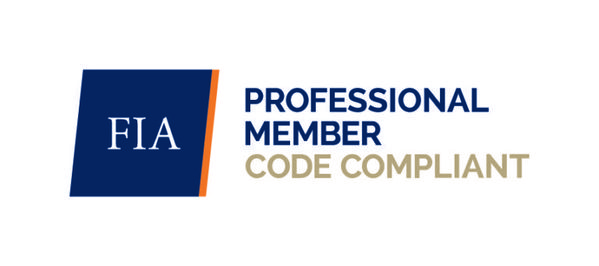Good governance doesn’t end at creating a Governance Committee of the board or even of establishing processes for governance such as policies and procedures, or even developing new committee structures.
Governance has only begun. It continues with a well formed and crafted agenda for all meetings both at the Board and, most especially, at the committee level.
Do you put casual thought into your agenda or do your spend time carefully constructing the flow and feel of the meeting?
I say, don’t take the agenda lightly. It can indeed work to shift a culture from management to governance just by mear fact of the topics, the order of the items, and those responsible for reporting.
governance just by mear fact of the topics, the order of the items, and those responsible for reporting.
Agenda’s need to be carefully crafted and constructed to produce concrete action items. Poorly devised agendas will cause meetings to go astray, tensions to rise, and governance to quickly turn to management.
How do you begin to structure your agenda? Well, think about what topics are important for this group to discuss and what is the best use of their time.
Here are some suggestions for your next meeting:
- Hold reports and updates to the end of the meeting or even consider eliminating them entirely so; that meeting doesn’t get mired in the muck.
- Prepare reflective materials with statistics and numbers relevant to more strategic discussions.
- Think about the natural flow of the meeting and adjust items to reflect that flow.
- Prepare and circulate meeting materials in advance of the meeting. The expectat
 ion is that one comes to a meeting fully ready to participate.
ion is that one comes to a meeting fully ready to participate. - Put standing meeting items i.e. strategic plan report or a fund development calendar update on each and every agenda and keep them “low” on the agenda.
- Or consider moving to a “consent agenda” where routine items that the board would approve with little comments are encompassed into one single agenda item i.e. things like board meeting minutes, financials, program reports, CEO reports, approvals of contracts, etc., etc., etc.
And, you need an effective chair of the Board,of the committee, or the task force who can work with staff to set the agenda, keep the group on the agenda, and ensure that the tenure of the meeting supports good governance. The role of the chair is to be a facilitator regarding the meeting and the agenda, and an enabler of governance. The chair must know and understand what good governance is to serve in that role.
Meetings are that essential to good governance. Just as reorganizing the board, or reengineering committee structures, good meetings with purposeful and thoughtful agendas can create the magic of good governance.
You can take all the other steps, but if you meeting falls apart when the gavel hits the table of what use has that all the rest been?
Good governance has only just begun!
P.S. – Are you looking for more resources on good governance? And, you want to be successful? Get started with my Non-Profit Governance E-Book that includes a collection of my best blog articles on that all important topic. Email me to request your copy. I will share with you all the best tips and resources for moving your board from managing to governing.


